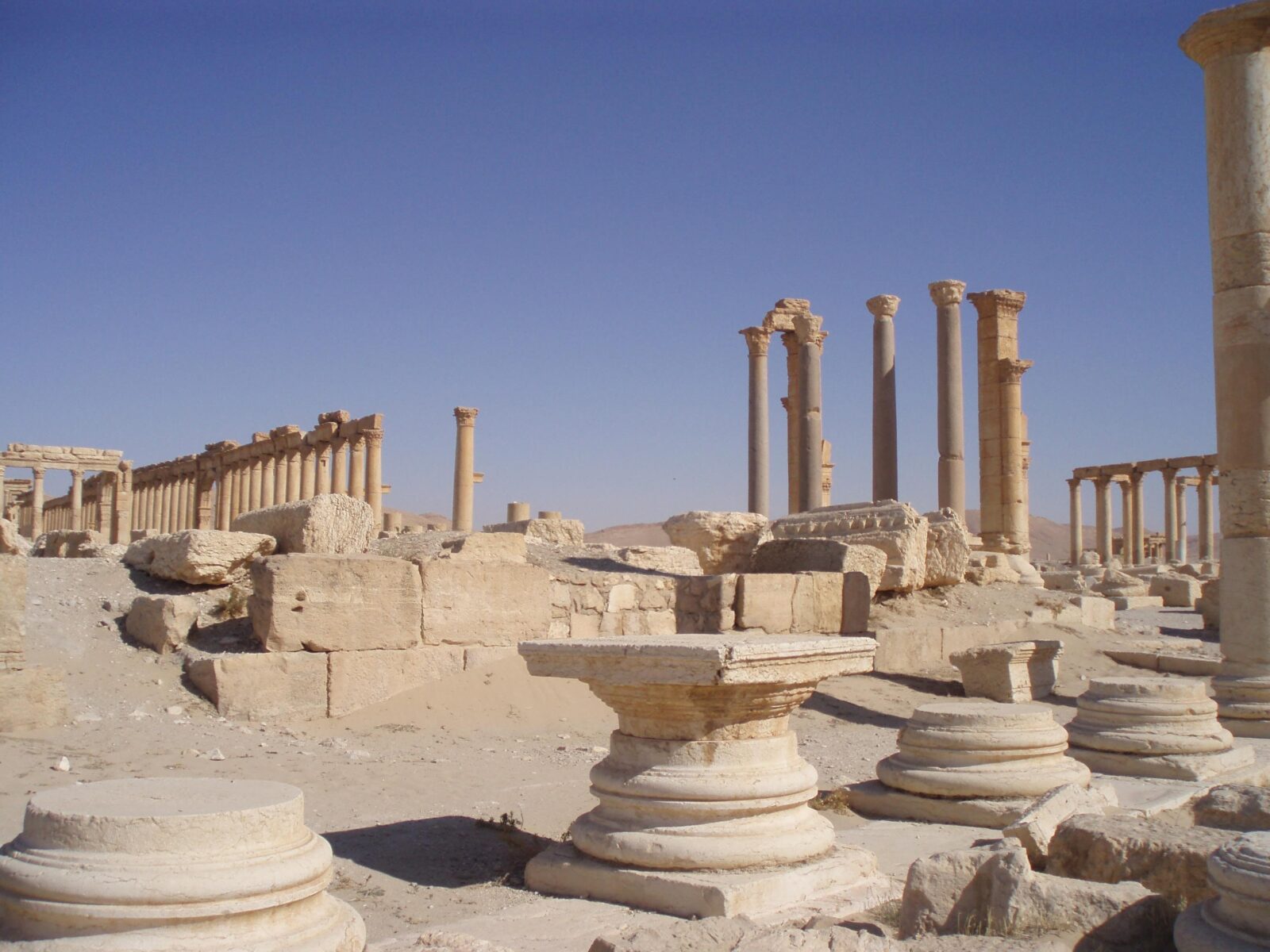For a long time, researchers have been unable to determine the identity of a deity who is mentioned in inscriptions from the old city of Palmyra, which is situated in what is now the country of Syria. A scientist, however, claims that she has solved the mystery at this point in time. Palmyra has been there for millennia, and approximately 2,000 years ago, it prospered as a hub of commerce that linked the Roman Empire with trading networks in Asia. Today, the ruins of Palmyra can be seen in Syria.
According to Science in Poland, the nameless god is mentioned in a number of Aramaic inscriptions located at Palmyra. In these inscriptions, the god is described as merciful and regarded to as “he whose name is blessed forever.” A good number of these inscriptions are thought to be about 2,000 years old.
Aleksandra Kubiak-Schneider, a postdoctoral scientist at the University of Wrocaw in Poland, tried to compare the writings from Palmyra to some discovered across Mesopotamia (that traces its origins to the first millennium BC) to resolve this riddle. She found that the inscriptions from Palmyra were similar to those found throughout Mesopotamia. She came to the conclusion that the gods who were revered in Mesopotamia were known by names that were comparable to those of the unknown deity from Palmyra.
For instance, “Bel-Marduk,” the most important deity in Babylonian religion, was also known as “merciful.” According to Kubiak-interview Schneider’s with Science in Poland, the term “lord of the world” – which is a title that is comparable to “lord of the universe” – was occasionally used to allude to Baalshamin, a sky deity.
Kubiak-Schneider said in an interview with Science in Poland that the “god” referred to in the Palmyra inscriptions is not a singular being but rather a pantheon of gods that includes Bel-Marduk and Baalshamin. In addition to this, she asserts that in order to show reverence for the gods, people did not speak their names.
This was interpreted as monotheistic manifestations and tendencies to worship the only god, a mystical dimension of the cult of the Lord of Heaven, Baalshamin, as well as a taboo against speaking the name of the deity similar to that existing in Judaism, because these phrases have been evoking and still evoke biblical connotations.
In addition, when humans inscribed the inscriptions that invoked divine assistance, they were not necessarily calling out to a particular deity and instead any god that would respond to their petitions. This is because people believed that all gods had the ability to hear their supplications.












Leave a Reply